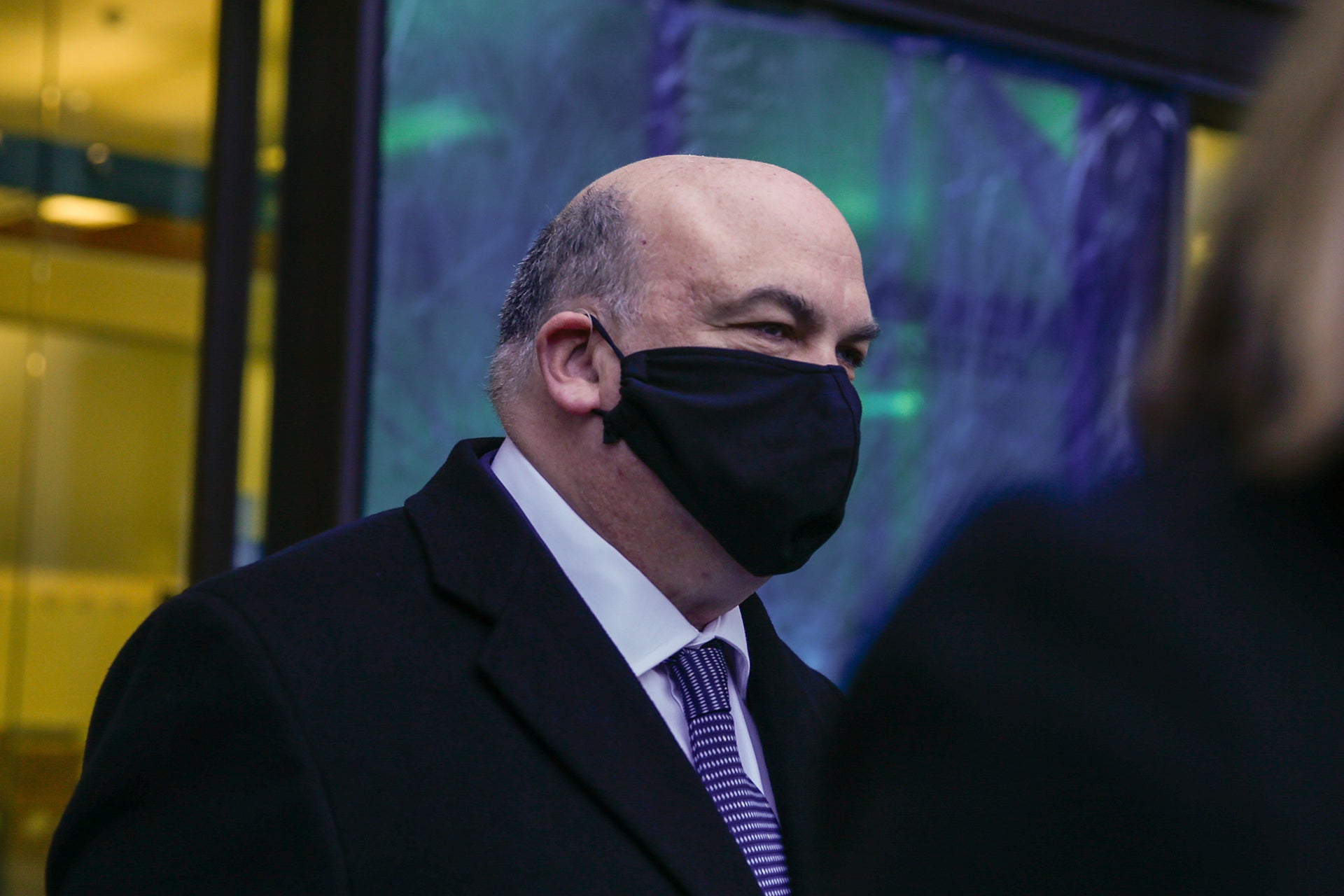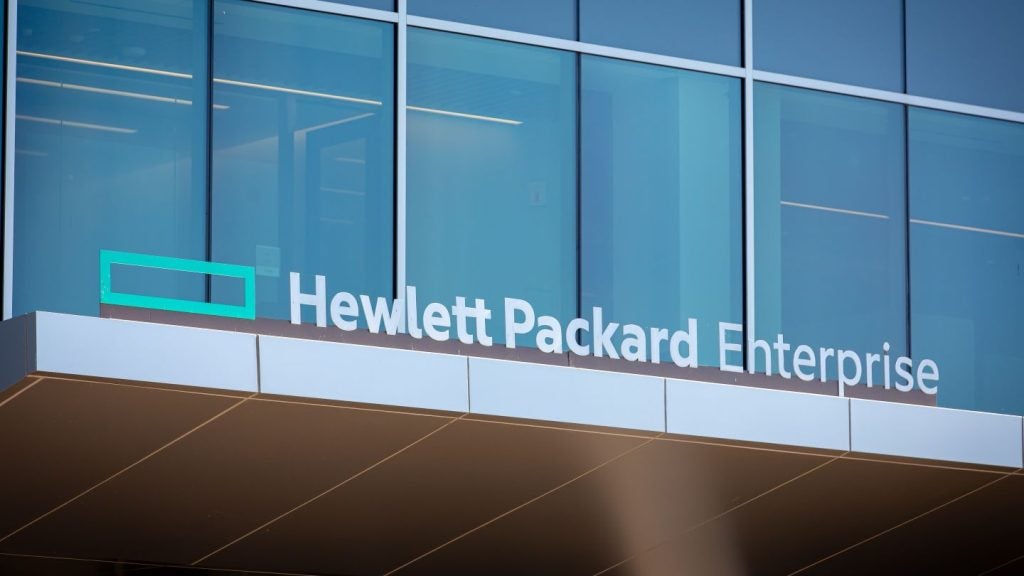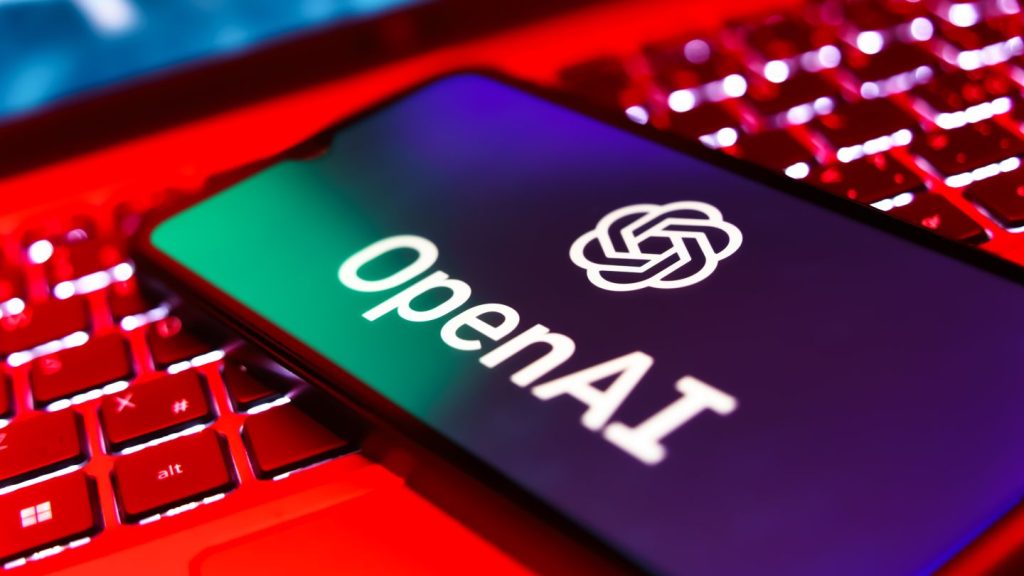
Alleged multibillion-dollar fraudster Mike Lynch is facing extradition to the US in relation to the disastrous HP-Autonomy deal in 2011 after a British judge ruled that the tech tycoon should be sent across the pond. The next stage in Lynch’s journey is a decision by UK Home Secretary Priti Patel.
The reality is, as usual, slightly more complicated than that. Lynch is unlikely to be forced into US jurisdiction any time soon.
The ex-Autonomy CEO is facing fraud charges in the States regarding the $11bn sale of Autonomy to Hewlett-Packard in 2011. At the time, the Chelmsford, Essex-raised entrepreneur was celebrated as the UK’s answer to Microsoft’s Bill Gates and was even briefly an advisor to then-prime minister David Cameron.
The sale of Autonomy, which was said to use complicated pattern recognition technology to sift through unstructured but potentially valuable data, seemingly cemented Lynch’s image as a tour de force in his field. However even then, some industry watchers noted that Autonomy had been assembled from a patchwork of different software companies and it was unclear just how it could be worth so much money.
In 2012 Hewlett-Packard accused the previous Autonomy leadership of “accounting improprieties, misrepresentations and disclosure failures”, and HP wrote down the value of its acquisition to $8.8bn. For anyone not speaking corporate jargon: the Autonomy management were accused of having cooked their books.
Despite Lynch and his team vehemently denying the accusations, Autonomy’s former CFO Shushovan Hussain was subsequently convicted in the States in 2019 for his role in the sale. He is currently serving a five-year prison sentence.
Fast-forward to Thursday 22 July when a UK judge ruled that Lynch should be extradited to the US to face criminal charges.
Lynch is also currently waiting on the ruling in a $5bn civil court case at the UK High Court against Hewlett-Packard. The civil case originally concluded in February 2020, but the ruling is not expected until late September 2021.
Lynch’s lawyers had argued that the UK court should hold its decision until the outcome of the civil case had been determined. While the judge had previously agreed to delay his ruling in February, as the civil court kept dragging its feet he later decided that any further delays would not be in the service of justice.
The extradition case has now been sent to the home secretary, who will have to make a decision on whether Lynch should be sent off to the States.
However, while publications like the Guardian suggest that the final decision is up to Patel, the reality is that she has very little power over it.
“Her discretion is limited and it’s limited to specific grounds,” Richard Cannon, partner at Stokoe Partnership Solicitors, tells Verdict.
Essentially, unless there’s a risk of Lynch facing the death penalty or that his human rights would be violated, then Patel signing off on the the extradition is just a formality. The government’s own guidelines even state as much.
While Lynch and his lawyers will protest the extradition, Cannon does not “expect any of these arguments to fall within the remit not to award the extradition.”
But that doesn’t necessarily mean the end of the line for Lynch. If the home secretary upholds the court’s decision, then Lynch has the right to seek permission to appeal to the High Court. Getting that permission can be lengthy affair.
For comparison, a UK judge ordered in January that WikiLeaks founder Julian Assange shouldn’t be extradited to the US, stating concerns that the activist behind massive security leaks in 2010 and 2011 would end up killing himself in the States’ prison system.
The US government responded by seeking permission to appeal the ruling, which was only granted in early July, hinting at the timescales of the extradition proceedings Lynch is facing.
“I would not expect the appeal to take place until much later in the year, if not next year. So he’s not going anywhere for now,” Cannon notes.
Should his case fail in the High Court as well, Lynch could apply to have his case heard in the UK Supreme Court too. However, it would take some extra elbow grease to make that happen as the Supreme Court only takes on cases of general public importance.
That hasn’t prevented Lynch’s lawyers from making a big deal out of the new decision, which is also set to revive the debate around whether or not the UK–US extradition treaty of 2003 is too one-sided and in favour of the States. The treaty was originally a result of the cosy relationship between Tony Blair’s Number 10 and George W Bush’s White House.
“We have this imbalance and this default extradition treaty which can be used [in] any dispute that’s going on with American companies and their interests,” Lynch told the BBC.
He added: “The insanity of this extradition treaty [is that] it doesn’t rely on any facts.”
Former Brexit secretary David Davis seemingly echoed the sentiment on Thursday, tweeting:
“Today’s decision about extraditing Mike Lynch to the US is an outrage. A judge sitting in a British court has decided to send a British businessman into the hands of the US courts at the say so of American prosecutors.”
Today’s decision about extraditing Mike Lynch to the US is an outrage. A judge sitting in a British court has decided to send a British businessman into the hands of the US courts at the say so of American prosecutors.https://t.co/NPQYd4wXMn
— David Davis (@DavidDavisMP) July 22, 2021
Davis co-signed an open letter in The Times in January, arguing that the extradition hearing shouldn’t have taken place to begin with. Other signatories included four other former Tory ministers and the former leader of the Liberal Democrats, Vince Cable.
However, according to Cannon, “people’s perceptions of an imbalance” in the US-UK deal doesn’t correspond with the data or what’s actually written in the treaty.
“There’s nothing written in the treaty that I can see which gives one side more or less leverage, or more or less status than the other, but we just don’t request it to the States very often,” he says. “And to me it’s as much down to the resourcing, appetite and ambition of UK prosecutors compared to that of US prosecutors than it is to the treaty.”
Darkside of Darktrace
Since selling Autonomy, Lynch has kept himself busy, predominantly through his venture capital firm Invoke Capital. One of the company’s earliest investments was into cybersecurity startup Darktrace. Lynch and his wife own nearly a fifth of Darktrace. Jailed executive Hussain has a stake of nearly 3% in Darktrace, too.
There are other links between Lynch and Darktrace. Several executives at Darktrace, including its founder and CEO Poppy Gustafsson, have previously held roles at both Autonomy and at Invoke Capital.
The intimate relationship caused some friction ahead of Darktrace’s highly anticipated initial public offering (IPO) in April. The company even listed it as a key risk ahead of the float.
Despite Darktrace having distanced itself from its accused backer, Gustafsson still seemingly holds Lynch in high esteem.
“Mike is a visionary technologist and was an early investor in Darktrace but he isn’t involved in the day-to-day running of the company,” she said in April.
Darktrace declined to comment on this story.
The company is currently trading at a £4.68bn market cap.
According to GlobalData’s Technology Intelligence Centre, the total value of AI cybersecurity investment reached $29.3bn in 2020.







